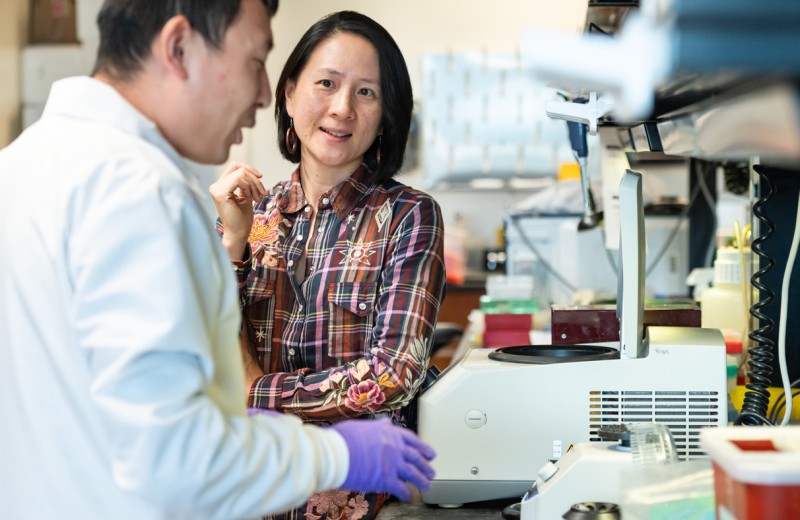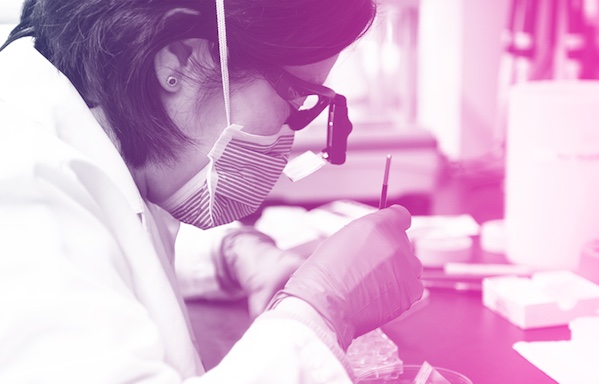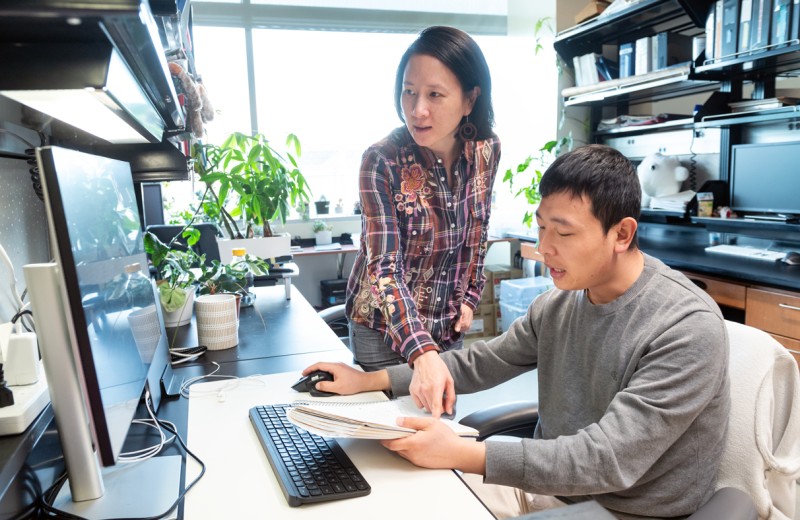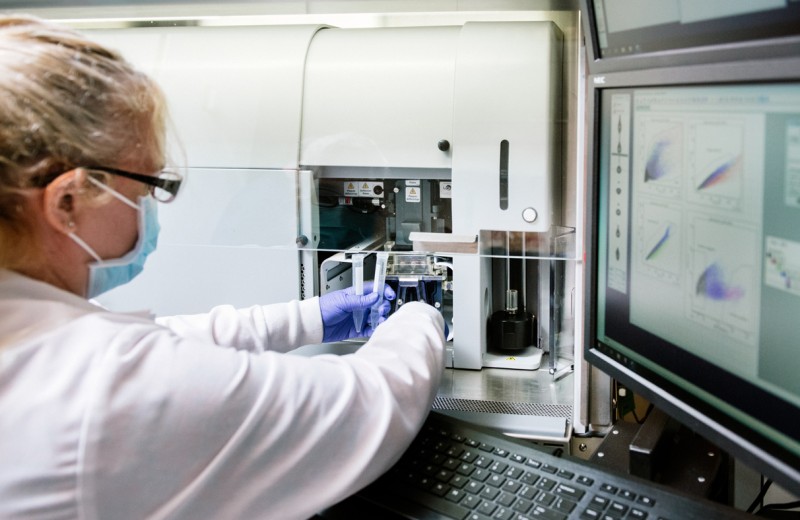Confused over the Conflicting COVID Vaccine Guidance? Here’s What to Know.
Confused over the Conflicting COVID Vaccine Guidance? Here’s What to Know.
San Francisco Chronicle—Nadia Roan helps make sense of the conflicting guidance from federal health officials around who should get vaccinated against COVID-19. (Subscription may be required.)
Roan Lab








